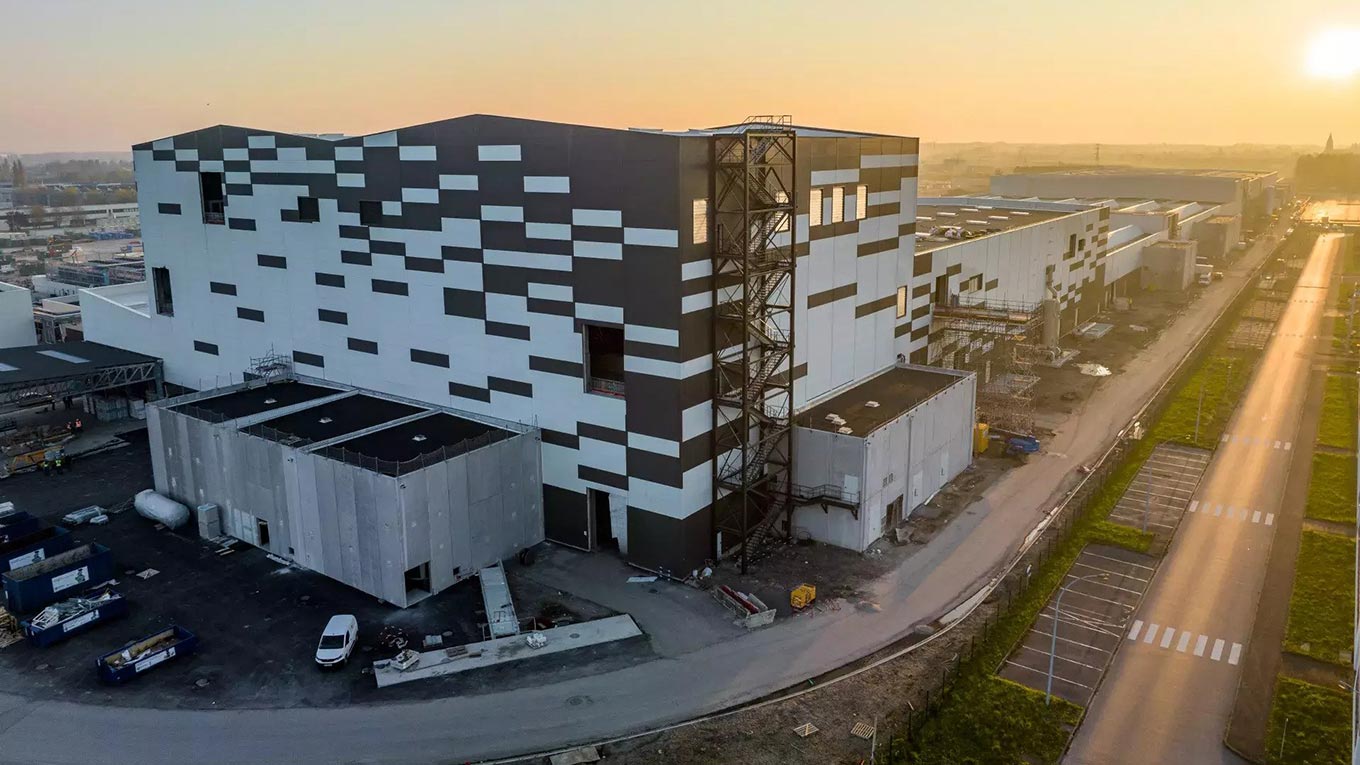The first production unit at the Billy-Berclau Douvrin site is set to become operational before the end of 2023. The gigafactory incorporates the latest safety and environmental management standards, ensuring industrial water consumption that is 5 to 10 times lower than that of a typical car manufacturing plant. Additionally, the facility aims to recycle 90% of its waste, further contributing to a sustainable approach. The site has been classified SEVESO, meeting the stringent European regulations that prioritize safety and prevention.
ACC's strategic expansion plan includes the establishment of two more gigafactories in Kaiserslautern, Germany, by 2025, and Termoli, Italy, by 2026. With these additions, ACC's total industrial capacity is projected to reach 120 GWh by 2030. This ambitious growth plan aligns with Stellantis' vision of increasing battery manufacturing capacity to 250 GWh in Europe by 2030, as well as its commitment to providing comprehensive battery technologies across the entire Stellantis brand portfolio.
Carlos Tavares, Stellantis CEO, emphasized the significance of this milestone, stating, "As we execute our Dare Forward 2030 strategy and now move to hit our ambitious target of achieving carbon net zero by 2038, Stellantis is actively contributing to the European electrification transition with state-of-the-art EV solutions and supporting France's crucial role in a sustainable future. I applaud every person involved in ACC for together we are building a strong coalition to strengthen Europe's competitiveness."
The inauguration of the Billy-Berclau Douvrin gigafactory is a testament to ACC's commitment to sustainable and eco-friendly battery production. As the demand for electric vehicles continues to rise, ACC aims to play a pivotal role in meeting the evolving needs of customers while ensuring clean, safe, and affordable mobility. The company is actively exploring innovative battery technologies, such as Factorial's solid-state battery technology and Lyten's lithium-sulfur batteries, to enhance vehicle performance and provide a sustainable electric vehicle experience for all.
In addition to its focus on battery production, Stellantis, ACC, the Union of Metallurgies Industries, and the state and region are collaborating to establish the Battery Training Center of Douvrin. This initiative aims to upskill and reskill employees through a 400-hour course, enabling them to acquire new skills in battery manufacturing. By 2025, at least 600 employees will join the battery manufacturing plant, contributing to the region's competitiveness in the electrification transition.
ACC's efforts align with Stellantis' Dare Forward 2030 strategic plan, which outlines the goal of achieving 100% of passenger car battery electric vehicle (BEV) sales mix in Europe and 50% of passenger car and light-duty truck BEV sales mix in the United States by 2030. Furthermore, Stellantis aims to become a carbon net-zero corporation, encompassing all scopes, by 2038, with only a single-digit percentage compensation of remaining emissions.
Source: ACC

